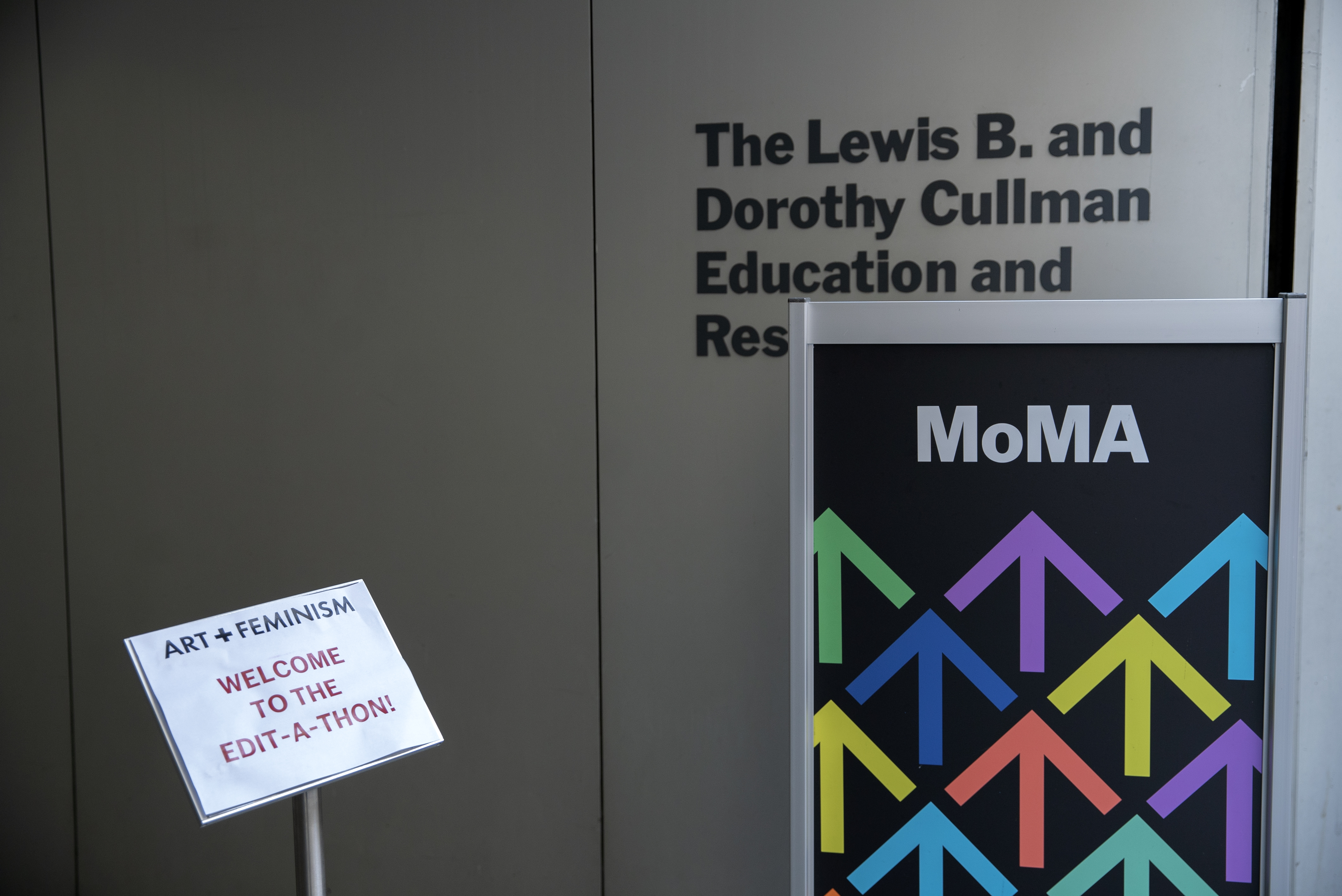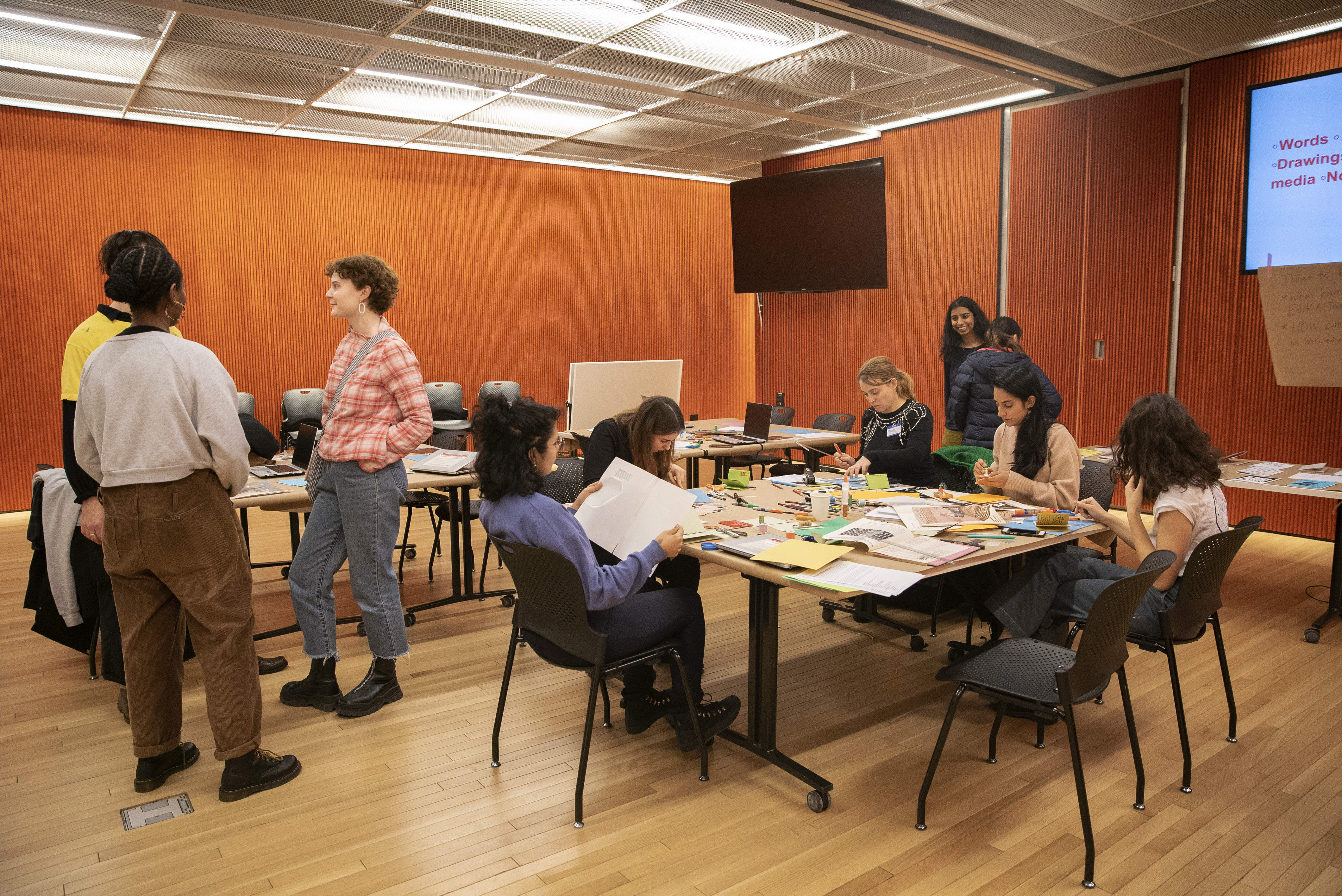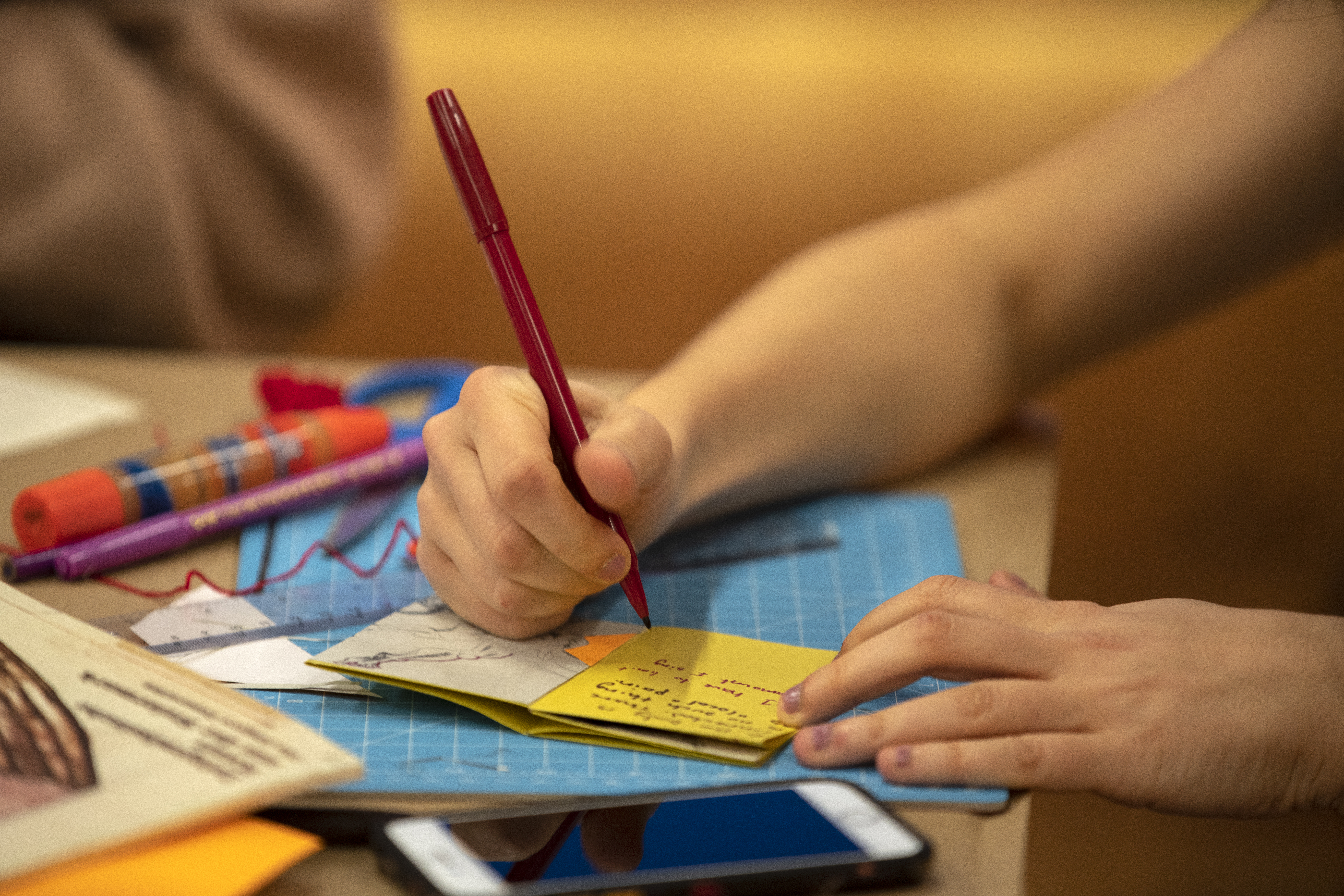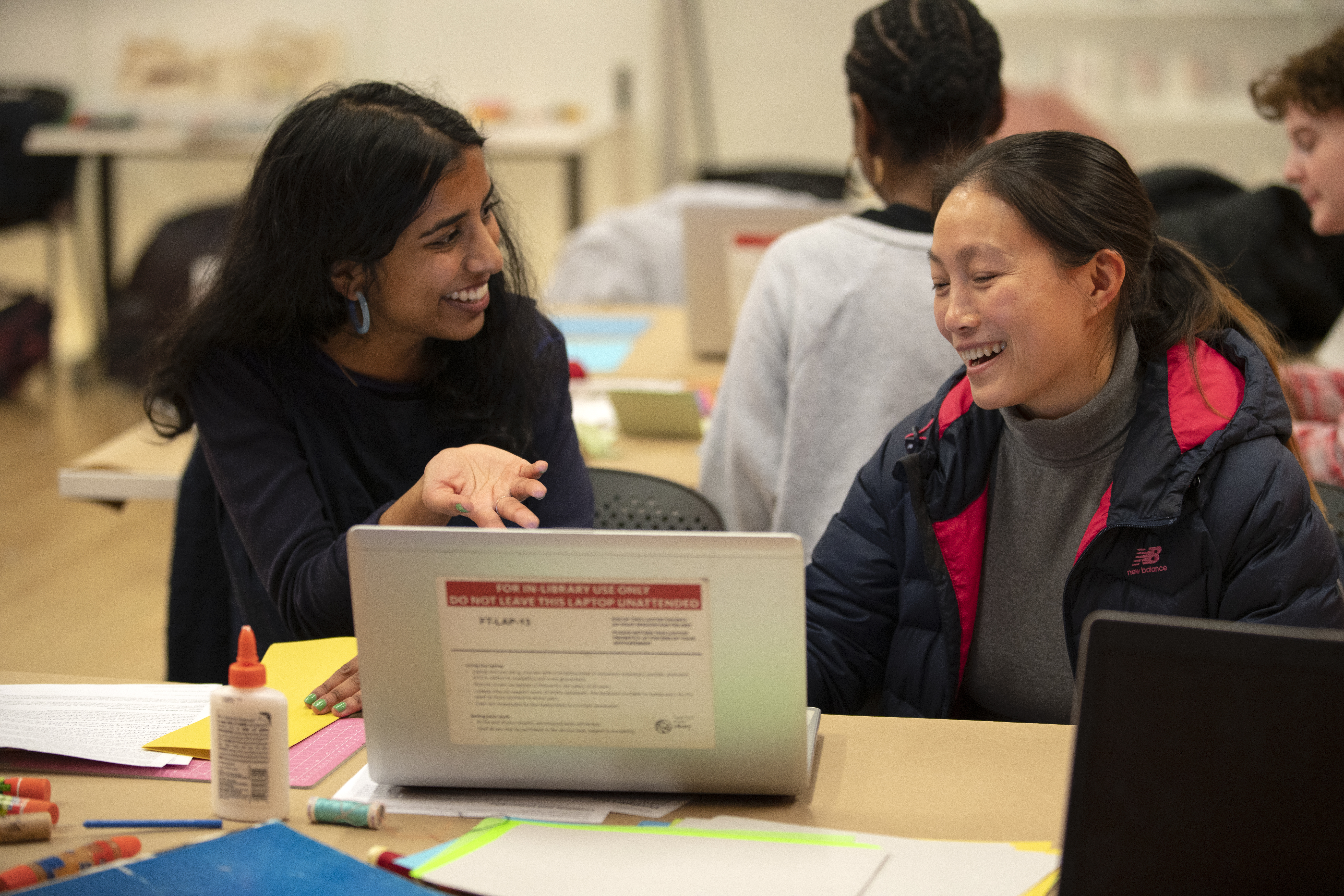neta bomani is a learner and educator who is interested in understanding the practice of reading and parsing information as a collaborative process between human and non-human computers...
- School for Poetic Computation
- The Kitchen Video Viewing Room
- dark matter objects: technologies of capture and things that can't be held
- direct action for prison aboliton
- zines
- AI.Assembly
- Mask On
- Black Photo Booth
- Groundhog Day: The Killing of Bonita Carter
- Cybernetics of Race/ism
- Code Societies
- Out of the Black Box
- Poetic Computation: Detroit
- Arts in the Libraries: Code, Craft, Catalogues
- Wikipedia Edit-a-thon
- Creative Savior Complex
- Finding the Blank Spots in Big Data
- Radical Black Women of Harlem Tour
- Tech Zine Fair
- memory for a stateless person
- No Sleep No Breaks
- CV
This website was designed & coded by Neta Bomani.
Font is Courier, a default monospace font found on most computers.
Feel free to share any archival materials you find here as long as you properly attribute all the people cited & link back to this website.
Last updated 08-30-2022.
archive
Zine making workshop at Art+Feminism: Wikipedia Edit-a-thon

A close up to the Lewis B. and Dorothy Cullman Education and Research Center at the MoMA. A paper that reads “Art + Feminism: Welcome to the Edit-a-thon!” in all caps is next to a poster influenced by Swiss design which reads “MoMA” followed by blocky arrows colored in green, blue, red, yellow, cyan, turquoise and purple. Photo by Manuel Molina Martagon
On March 2, 2019, Art+Feminism had its sixth annual Wiipedia Edit-a-thon, “an all-day communal updating of Wikipedia entries on subjects related to gender, art, and feminism” at the Museum of Modern Art (MoMA).

Workshop participants gather and sit around three tables covered with butcher paper, magazines, markers, colored paper, glue and an assortment of other zine making supplies. Photo by Manuel Molina Martagon.
On behalf of the Tech Zine Fair, Ritu Ghiya and I led a zine making workshop at the New York Public Library across the street from MoMA as a part of the event.

A close up of a person making a tiny accordian fold zine. The person is holding a marron colored marker and writing text onto their zine. Photo by Manuel Molina Martagon.
Based on an activity called “Wikipedia on Paper” originally developed by Maragraet Smith, our workshop extended the idea of editing Wikipedia definitions on notecards, to editing and publishing articles in zines. We specifically looked at articles about ideas, groups and figures which impact underpresented communities regarding technology, race and feminism like Octavia Butler, cybernetics, peer-to-peer and algorithmic bias.

Ritu (left) and a workshop participant (right) jofully discussing Wikipedia content on a laptop in front of them. The contents of the laptop are out of view, but we can see the two of them smiling widely. Photo by Manuel Molina Martagon.
We encouraged participants to think criticially and creatively about how we can make information more accessible to people within our communities by using analog editing and peer reviewing techniques given the following prompts:
- How can we work on a zine like we would a Wikipedia article?
- How can you think about subjects, phenomena, and other aspects of our society as a technology?
- How can you break down the laws, scripts and codes that govern our lives?